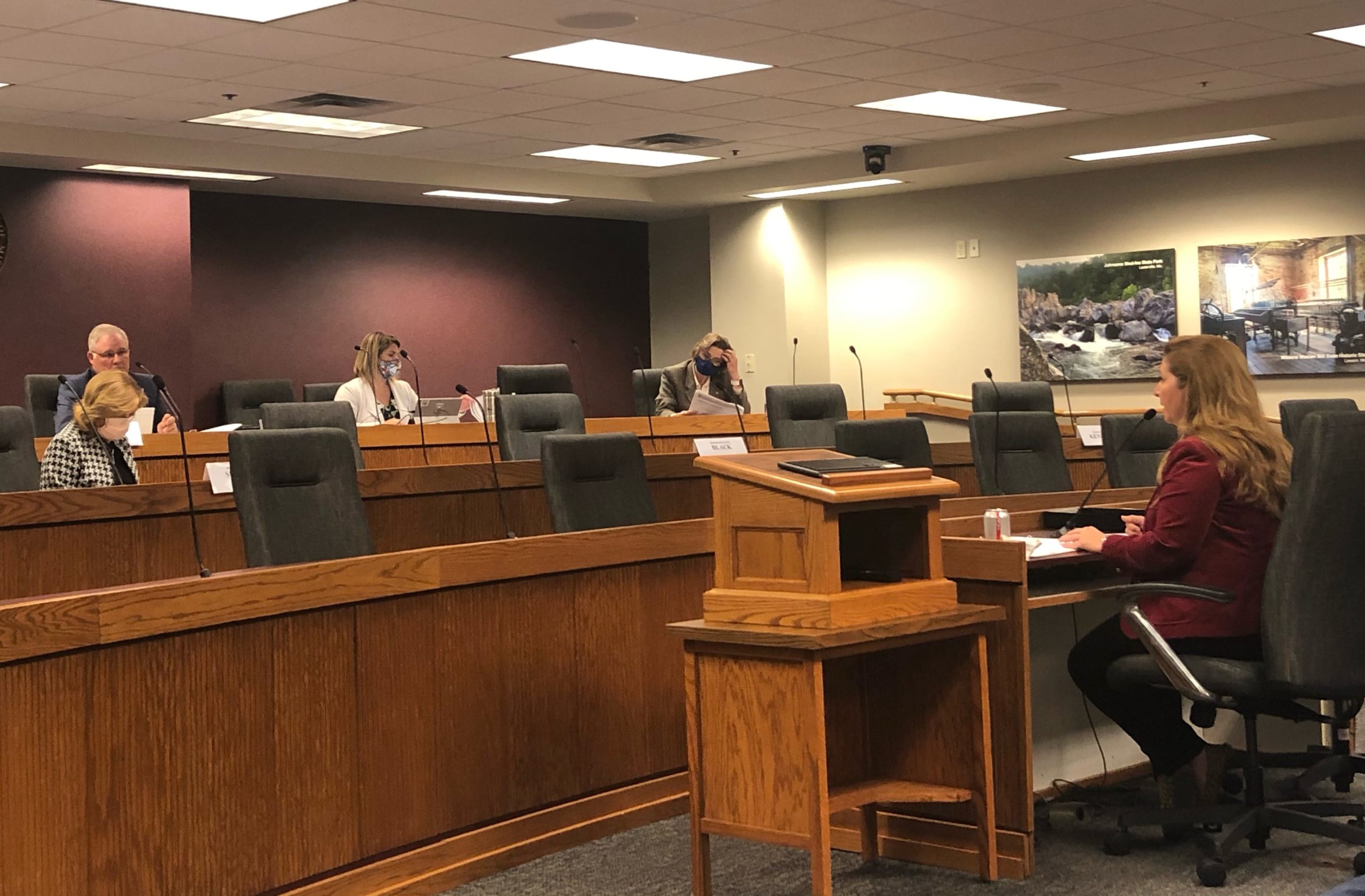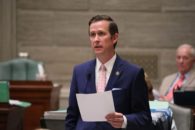JEFFERSON CITY, Mo. — The federally acquired rapid-result COVID-19 tests are going to historically Black colleges and health care workers first, according to Missouri Department of Higher Education Commissioner Zora Mulligan.
“Their first priority was historically Black colleges and universities (HBCUs), so Harris-Stowe State University and Lincoln University have actually already received some of the early rounds of these rapid-response tests,” Mulligan told the House Subcommittee on Appropriations – Education Thursday. “The next priority is in the health care space and long-term care facilities, and after that they will go to more general uses, including higher education students, so we’re working with schools to make decisions on allocations and the logistics of handling that.”
Mulligan said the test would be optional for students but required for professors and staff.
Gov. Mike Parson announced the acquisition of the tests from the federal government Wednesday. He said 120,000 rapid-response antigen tests were expected to reach Missouri this week along with nearly 2 million tests by the end of the year.
The tests were developed by Abbott Laboratories and are part of a larger purchase by the federal government. The tests are about the size of a credit card, according to the company’s website, and can detect results within 13 minutes without the use of special equipment.
Mulligan also addressed how Missouri’s universities would handle the distribution of a COVID-19 vaccine, telling legislators the state would have to submit a plan of action to the federal government in the coming months.
“What we’re talking about with colleges and universities right now is a strategy that would prioritize the faculty and staff who have direct contact with students — so face-to-face interaction on a sustained basis,” she said. “The federal guidelines prohibit us from giving those vaccines in the first round to students; there’s a lot to learn about how this is going to unfold.”
Mulligan said positive cases had decreased substantially at many institutions since spiking over the first two weeks of the semester. Most of the positive cases were the result of off-campus activities, according to the department.
EDITOR’S NOTE: For up-to-date information on coronavirus, check with the CDC and DHSS.

Cameron Gerber studied journalism at Lincoln University. Prior to Lincoln, he earned an associate’s degree from State Fair Community College. Cameron is a native of Eldon, Missouri.
Contact Cameron at cameron@themissouritimes.com.







































